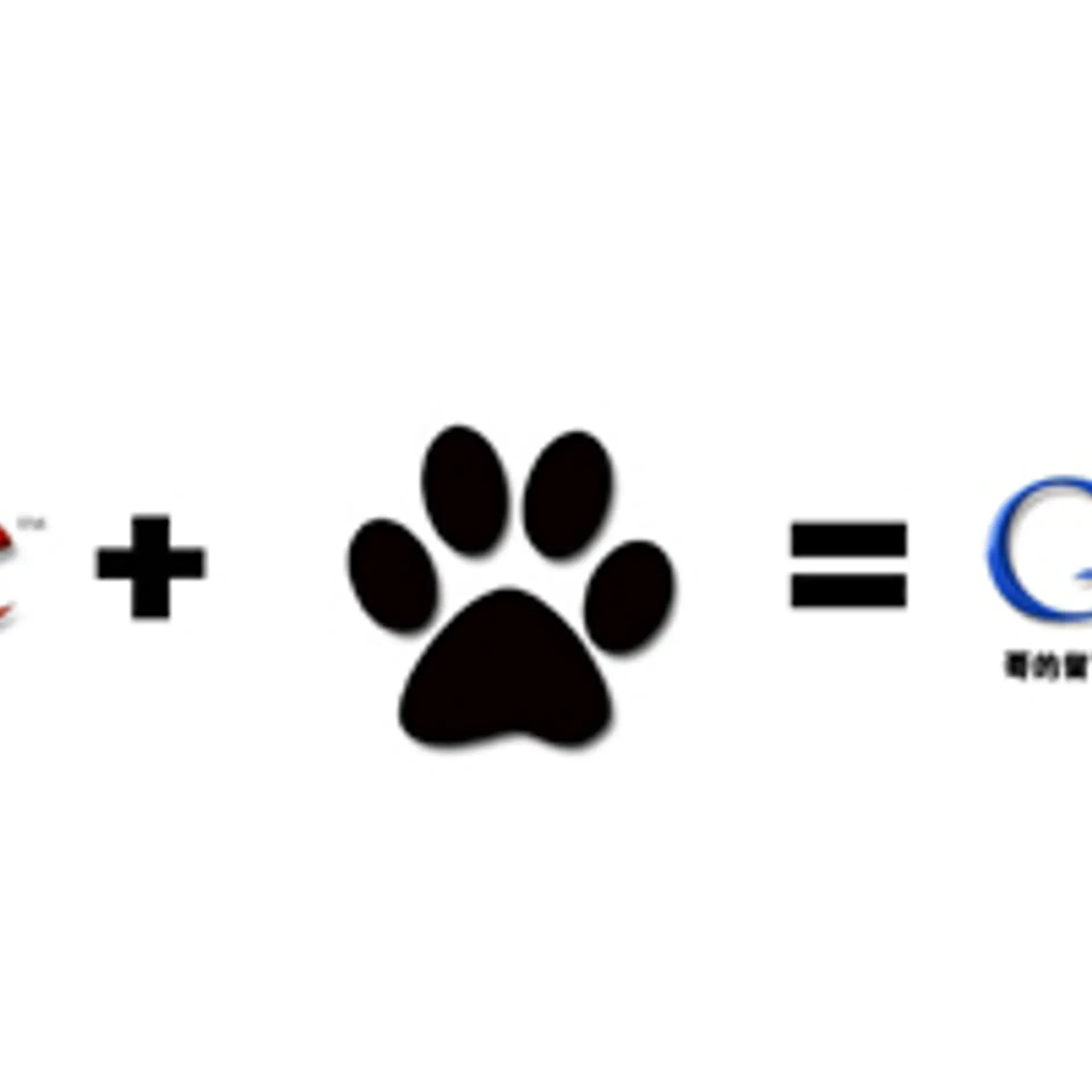

Basics Of An Epilogue
Being a writer is never easy. Every time you need to come up with new ideas and new story. You need to be creative. Each and every part of the novel should be in close proximity of perfection.
Thursday May 12, 2016 , 3 min Read
Story is, generally, the main focus of writer, which is justified up to some extent. To be a successful author and to get support and appreciation from your target audience and fellow authors, you need to focus on other things as well.
There are few pages at the beginning and at the end of novels, which are mostly ignored by the authors. Acknowledgement, foreword, prologue, epilogue, blurb, these are the pages that can boost up the sale of your novel. These are the pages that are allotted least time and are taken for granted. Many writers out there might not even be able to differentiate between these pages. Book publishers India or online book publishers India take in consideration whether the author has knowledge about these topics before accepting the manuscript for publication.
These are the small but important areas which you lack in. Ignorance of these are sometimes the sole reason of a book not doing as good as expected. Today, we will see few things about the Epilogue of a novel.
What is an Epilogue? Epilogue is a small piece of writing, usually written at the end of a novel. It’s purpose depends upon the text to which it belongs to. Ideally, an epilogue contains a thought or an idea related to the text or argument. Logos is the Greek term for -logue used in epilogue. Logos is used in Greek for adding conclusion or final judgment to an argument or a story.
Should you add an epilogue in your story? You should never add anything that is not needed or which is not justified in your novel. Before adding an epilogue to your story, check if your story really needs an epilogue or not. If you want to add any after scene, first of all see if that can be added somewhere else in the novel or not. Also, consider if adding that scene is necessary at all. Suppose you are writing a novel on a war and the end is tragic, in which the hero dies. Then here, story needs an epilogue to satisfy the questions that might rise in a reader’s mind.
Violating the rules: Beside judgment and conclusions, epilogue can be used to describe the after life of characters after your story ends. For instance, if story ends with the main character proposing his love of life then in epilogue you can describe how the character lived happily after that. You may also use epilogue to promote your next novel of the same series.
Give your best to each and every part of writing, you will have range of book publisher India or online book publisher India waiting for you.





